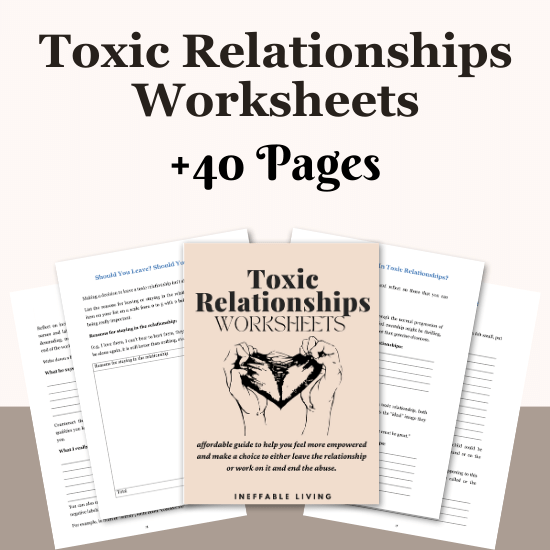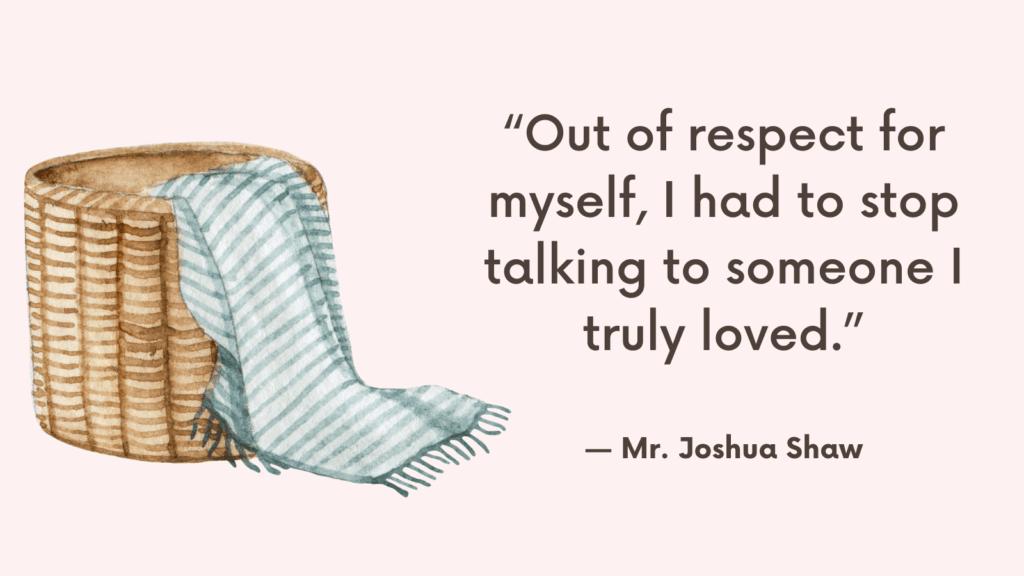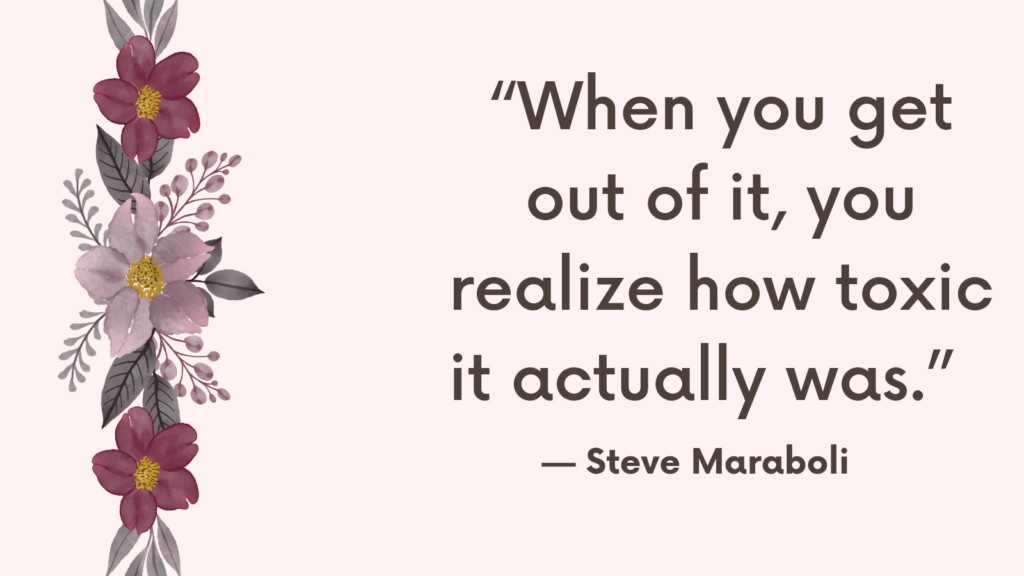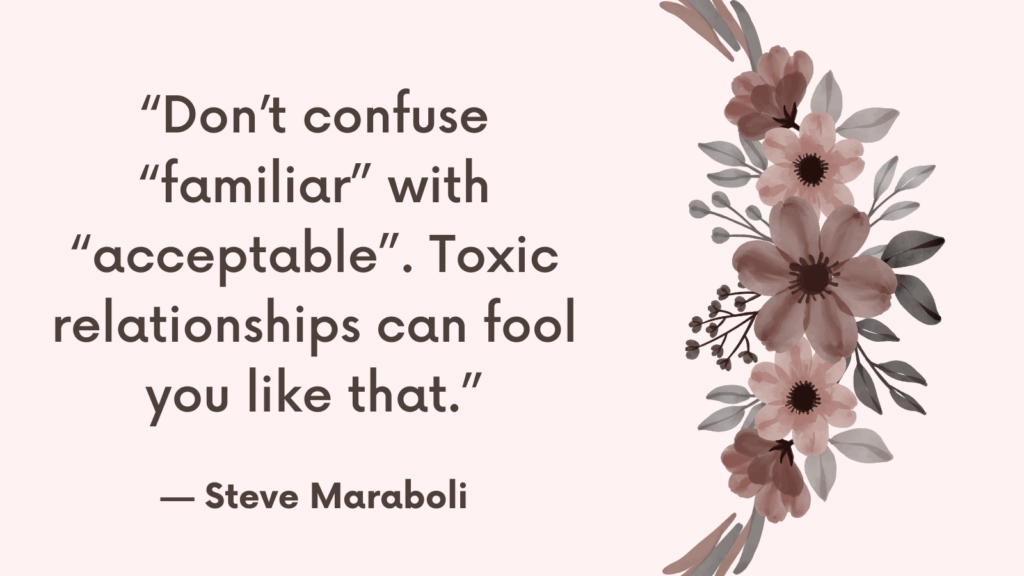You’re texting someone who seems interested… but they never really make plans. You get a “thinking of you” message just when you’ve stopped waiting. They give just enough attention to keep you hooked — but not enough to build anything real.
This is called breadcrumbing, and it’s more common than you think. In this post, we’ll explore why people breadcrumb, what it does to your mental and emotional health, and most importantly — how to spot it early and move forward with clarity and confidence.
What Is Breadcrumbing?
Breadcrumbing is the act of sending flirtatious or affectionate signals — texts, DMs, likes — without the intention of deepening the relationship. It’s like throwing crumbs of attention to keep someone emotionally invested while avoiding any real commitment.
It may look like:
- Late-night “you up?” texts but no follow-through
- Vague promises to hang out that never happen
- Just enough compliments or check-ins to keep you hoping
- Long silences followed by sudden, sweet messages
Breadcrumbing often leads to confusion, self-doubt, and emotional burnout.
Related: Narcissistic Breadcrumbing: Top 8 Signs
Why People Breadcrumb
1. They Crave Validation
Some people like knowing they can capture attention — even if they don’t actually want a relationship. Your interest gives them a confidence boost.
2. They’re Emotionally Unavailable
Breadcrumbing lets them keep the illusion of connection without vulnerability or commitment. It’s intimacy without responsibility.
3. They Fear Being Alone
They may not want you fully, but they also don’t want to lose access to you. So they keep the connection barely alive to avoid loneliness.
4. They’re Keeping You as a Backup
In some cases, they’re pursuing someone else more seriously and keeping you on the backburner — just in case that doesn’t work out.
Related: Narcissist Blame Shifting: Top 5 Examples and How to Deal With It
The Psychological Impact of Breadcrumbing
Breadcrumbing doesn’t just waste your time. It chips away at your self-worth and can activate old wounds around rejection, abandonment, or not feeling “good enough.”
1. It Creates a Cycle of Hope and Disappointment
You stay because you think the next message might lead somewhere — only to be let down again. This push-pull dynamic is emotionally exhausting.
2. It Triggers Anxiety and Obsession
Your brain starts looking for meaning in every message, every delay, every emoji. You may feel constantly on edge, trying to decode mixed signals.
3. It Keeps You Stuck in the Past or Future
You idealize the connection based on one or two good moments and spend more time fantasizing than living. Meanwhile, your emotional availability for real relationships decreases.
Related: Why Do Narcissists Ignore You? Top 7 Reasons
How to Tell If You’re Being Breadcrumbed
Ask yourself these honest questions:
- Do they consistently avoid making real plans?
- Do you feel more anxious than happy after hearing from them?
- Do you justify their behavior even though it leaves you feeling confused or unseen?
- Is this “relationship” more about potential than reality?
If you answered yes to most of these — you’re likely being breadcrumbed.
How to Move On From Breadcrumbing?
1. Name What’s Happening
Use the term. Say it out loud. “This person is breadcrumbing me.” Naming the pattern breaks the spell of confusion and helps you see the situation clearly.
2. Stop Giving Energy to Maybes
Every time you reply, wait, or fantasize, you’re feeding the cycle. Start pulling your energy back. You deserve someone who shows up — not someone who dangles affection like bait.
3. Don’t Try to Make Them Change
Breadcrumbing isn’t something you can fix with more effort, more patience, or the right words. It’s not about your worth. It’s about their limitations.
4. Unfollow, Mute, or Block if Needed
Creating distance is self-care — not drama. If seeing their name pop up keeps pulling you back in, it’s okay to create space that supports your peace.
Related: Why Do Narcissists Become Distant? Top 8 Reasons
5. Reconnect With Your Standards
Make a list: What do you actually want in a relationship? What does consistency look like to you? Remind yourself that breadcrumbs aren’t a meal — and you’re hungry for more than crumbs.
6. Talk to Someone Who Sees You Clearly
When your self-esteem takes a hit, it helps to talk to a therapist, coach, or friend who reminds you of your worth. Breadcrumbing thrives in silence. Your healing doesn’t have to.

Conclusion
Breadcrumbing keeps you trapped in limbo — never really chosen, but never quite free. And while it may seem flattering at first, the emotional toll adds up.
You are worthy of full connection, clear intentions, and someone who doesn’t just light a spark — but helps build a fire. When you stop chasing crumbs, you make space for something whole, nourishing, and real.



